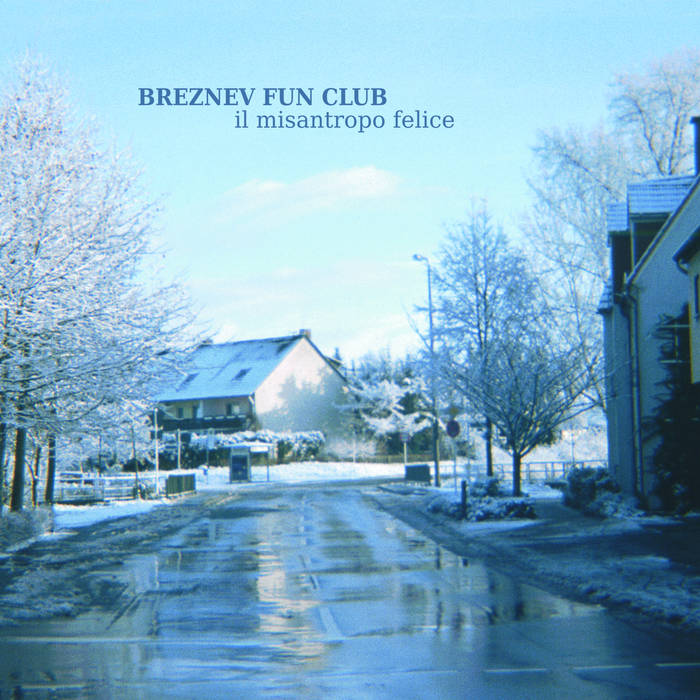
Take the ideas and sounds of the most daring Rock In Opposition, add massive doses of Frank Zappa from "Uncle Meat" or "Burnt Weeny Sandwich", something from Canterbury's jazz-rock and twentieth-century avant-garde, Carla Bley's orchestral jazz and you'll get something that comes close to the sounds of the Breznev Fun Club. More than as a true group, the Breznev Fun Club should be understood as an iridescent ensemble of musicians in constant evolution, which is modified and enriched over the years, without ever losing the his final mission.
The Breznev Fun Club has existed since the mid-eighties, formed by the trio Rocco Lomonaco (electric, acoustic and classical guitar), Mario Ventrelli (drums) and Francesco Gallipoli (vocals and keyboards), and since the beginning has been trying the bold fusion of jazz, avant-garde, neo-dada nonsense and theatrical experimentation. In the meantime, the ensemble has expanded becoming a sextet and enriching itself, among other things, with the collaboration of Franco Sciscio, a poet passionate about French surrealist literature and the avant-gardes of the twentieth century, who will then write the lyrics. After having enjoyed live performances around Italy, other changes in a line-up that will go up to twelve elements (plus flute, oboe, trumpets, trombone), the Breznev returned in 1994 proposing new unreleased tracks that will then be collected years later in their first studio album, "L'onda vertebrata" (2000).
Their avant-prog with Canterburian nuances immediately obtains good reviews and appreciations, but the project is temporarily put aside waiting for the new return of 2007, the year in which, around the duo Lomonaco-Sciscio, pieces are taken conceived between 1999 and 2001, then collected in "Il Misantropo Felice". The eight tracks on the album are a single long composition of fifty minutes, a dreamlike journey that tells the dream of the happy misanthrope (perhaps an alter ego of Lomonaco) from its beginning until the awakening that reconciles the protagonist with the world. The instruments recreate the mix of external sounds, of unconscious memories, of nuanced visions, a journey deep into the psyche described with great complexity by the crowded ensemble.
From the beginning of the dream of "A Window Closes", where Canterbury is more than just an influence, to "Putamen", in which he seems to relive once again the soul of Frank Zappa and his Mothers, the dream continues as one flow, in which it is not easy to find real interruptions between one song and another, where Carla Bley meets up again with Robert Wyatt of Matching Mole, where Zappa embraces his beloved Varese ("Sperduto nella stanza isterica"), where the Rock In Univers Zero's gloomy opposition meets the ironic and surreal Samla Mammas Manna, up to the final song, "After The Last Silence", where everything perfectly coexists, the reconciliation track, where everything returns to its place, where reconciliation is not only that of the misanthrope with the world but of the listener with the music itself, amazed at how much beauty there can be in just fifty minutes..


